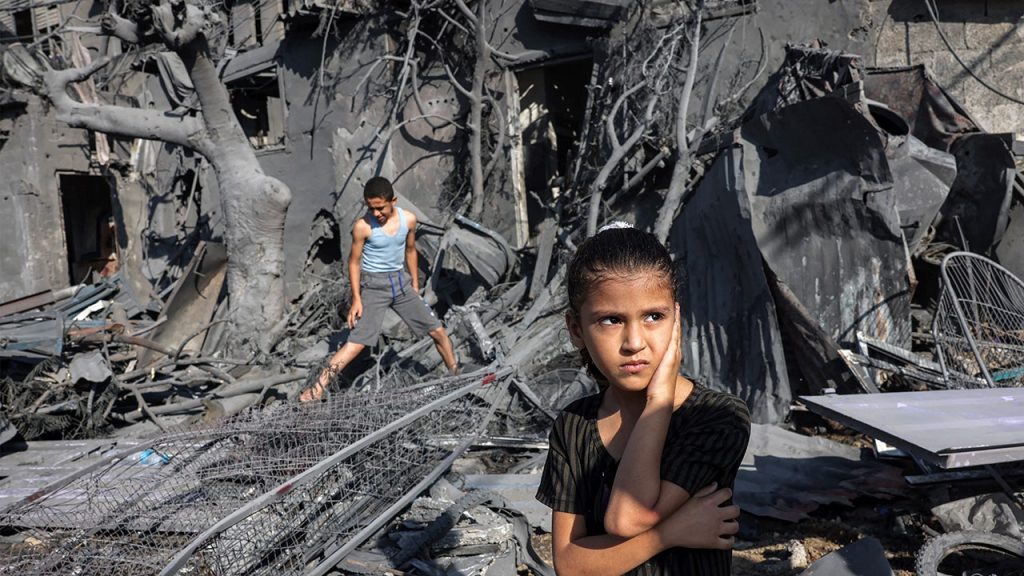The U.S. State Department has criticized Israel’s use of U.S.-supplied arms in a manner that may not effectively mitigate civilian harm in the war in Gaza. A report sent to Congress mentioned that Israel has faced challenges with Hamas deliberately embedding themselves within the civilian population to use them as human shields. However, the presence of legitimate military targets throughout Gaza can complicate the situation and make it difficult to determine facts on the ground during active combat. The conflict has resulted in the deaths of nearly 35,000 Palestinians, including women and children, as reported by the Palestinian government.
President Biden commissioned the report to assess whether Israel and other U.S. allies are complying with international humanitarian law. Israeli officials have stated that the country is adhering to international law and have implemented processes to ensure compliance at all levels of military decision-making. These measures include giving advanced warnings, using specific weapons, and avoiding locations like schools, hospitals, and places of worship. While the report acknowledges some insight into Israel’s procedures and rules, it also mentions a lack of complete information to verify if U.S. arms were specifically used in actions alleged as violations of international humanitarian law.
The United Nations, humanitarian organizations, and international humanitarian law experts have criticized Israel’s civilian harm mitigation efforts as inconsistent, ineffective, and inadequate when it comes to protecting vulnerable civilians who are unable or unwilling to relocate. Despite Israel’s capability, experience, and tools to reduce civilian harm, the high levels of civilian casualties in Gaza have raised concerns about the effectiveness of the Israel Defense Forces (IDF) in employing these methods in all cases. Nevertheless, the State Department deemed Israel’s assurances of following international law in the use of U.S. weapons as credible and reliable, and will continue to supply arms to the country.
The nature of the conflict in Gaza, with Hamas using human shields and the presence of legitimate military targets, presents challenges in assessing or reaching conclusive findings on individual incidents. The report highlighted the difficulty in verifying specific allegations of violations of international humanitarian law or human rights law during the reporting period. While acknowledging Israel’s efforts to comply with international law, including providing warnings before military operations and avoiding civilian infrastructure, there remains concerns about the effectiveness of these measures in protecting civilians. The State Department expressed reservations but ultimately decided to continue supplying arms to Israel based on Israel’s assurances of adherence to international law.
It is crucial for Israel to further improve its civilian harm mitigation efforts to protect vulnerable civilians in Gaza. The report emphasized that while Israel possesses the necessary tools and experience to minimize civilian casualties, the results on the ground indicate a need for more effective implementation of these measures. The State Department’s decision to continue arms sales to Israel, despite concerns about civilian harm, underscores the complex nature of the conflict and the challenges involved in ensuring compliance with international humanitarian law in a volatile and active war zone. Efforts to hold all parties accountable for their actions and to protect civilians in armed conflicts remain essential for promoting peace and security in the region.


